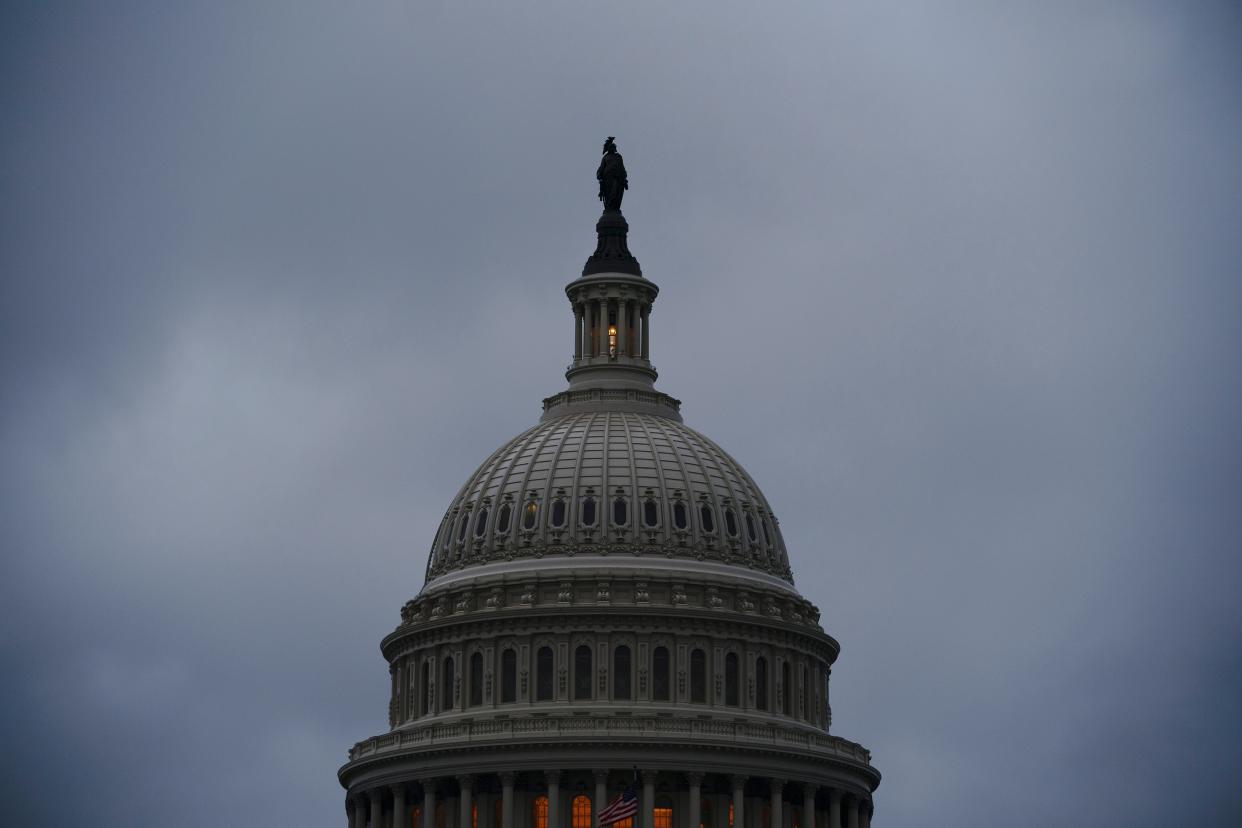‘A backwards step’: Experts warn Amy Coney Barrett is a threat to IVF

Amy Coney Barrett’s appointment to the US Supreme Court poses a threat to women’s reproductive rights, some experts have warned.
Ms Barrett, whose appointment will be confirmed on Monday, has historically supported organisations who are against both birth control and the in vitro fertilization (IVF) process.
When asked about her beliefs on IVF during her Senate nomination hearing this month, the conservative judge had avoided answering questions on the matter.
On that basis, America’s leading fertility doctors have spoken-out at president Donald Trump’s nomination, and argued that Ms Barret represented a step “backwards for womens' individual liberty."
Eve Feinberg, MD, an associate editor of the Fertility and Sterility journal, was among those who aired their concerns last week, as Business Insider reported.
She wrote in an editorial that “The seating of Amy Coney Barrett to the Supreme Court threatens those who seek to build a family through in-vitro fertilisation,"
Ms Barrett could complicate access to IVF, having publicly backed organisations such as Right to Life Michiana, who want certain aspects of the treatment to be criminalized.
"As we are getting more conservative administration and more conservatives on the Supreme Court, that infringement on privacy and on the physician-patient relationship is threatening our ability as physicians to care for our patients," added Ms Feinberg. "And quite honestly, it's threatening as a woman to not have choice over our bodies."
Considered extreme among anti-abortion activists, the organisation backed by Ms Barrett believes that life begins at fertilisation, or "fetal personhood".
Barbara Collura, president and CEO of RESOLVE: The National Infertility Association, warned that any legislation recognising embryos as legal persons could complicate the standard of IVF treatment, she told Business Insider.
That is because the process typically involves trying to fertilise as many embryos as possible, according to Ms Collura.
On Sunday, only two Republicans voted against bringing advancing Ms Barrett’s nomination to a final vote, in what president Donald Trump believes will be a late election boost.
Read more
Trump privately told donors it will be ‘very tough’ to hold the Senate
Jaime Harrison spends $57 million in bid to unseat Lindsey Graham
Republicans send Amy Coney Barrett’s confirmation to Senate
Trump spreads false claims about Biden, Covid, China and Iran

 Yahoo News
Yahoo News 
